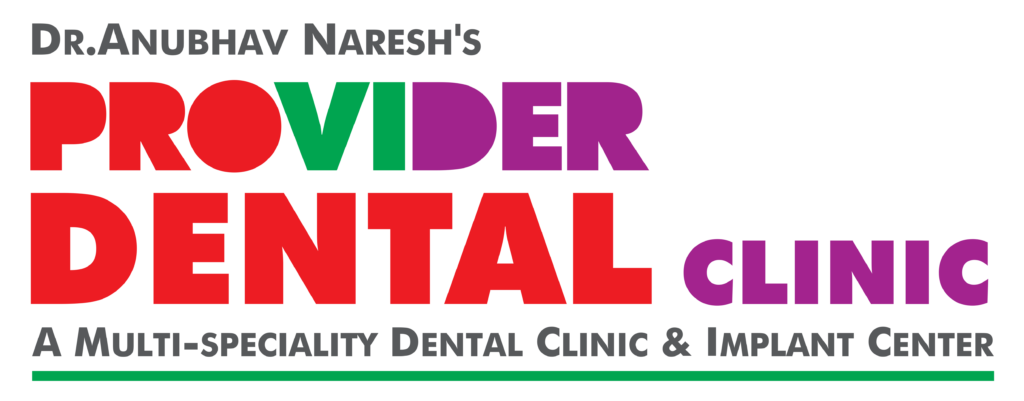A) An abscess of the tooth is an infection. An abscess can include pus and swelling of the soft gum tissues surrounding the tooth.
Q) What is an abscessed tooth?
Q) What is tooth erosion?
A) It is the wearing away of the tooth enamel by the action of an acid.
Q) What is decay?
A) Decay is the destruction of tooth structure. Decay occurs when plague, the sticky substance that forms on teeth, combines with the sugars and/or starches of the foods that we eat. This combination produces acids that attack tooth enamel. The best way to prevent tooth decay is by brushing twice a day and flossing daily
Q) What is tooth sensitivity?
A) Tooth sensitivity means experiencing pain or discomfort to your teeth from sweets, cold air, hot drinks, cold drinks or ice cream. Some people with sensitive teeth even experience discomfort from brushing and flossing.
Q) What is an implant?
A) A dental implant is a metal device designed to replace missing teeth. The device is usually made out of titanium and is surgically placed into the jaw bone where the tooth is missing. Unlike a dental bridge, an implant is permanent.
Q) What is calculus?
A) Calculus, also known as tartar, is the hardened residue that forms on your teeth when plaque is not removed. Plaque can be removed by brushing twice a day and flossing daily. If tartar is allowed to remain on the teeth and below the gum line, it can lead to chronic infection and inflammation. The only way to remove tartar is to have your teeth professionally cleaned by a dentist.
Q) What are veneers?
A) A veneer is a thin shell made out of porcelain or composite material. They are custom made and cemented to the front side of the tooth. A veneer can be used to treat dental conditions such as a slightly crooked tooth, discolored teeth, chipped teeth or they can even be used to cover spaces in between the teeth.
